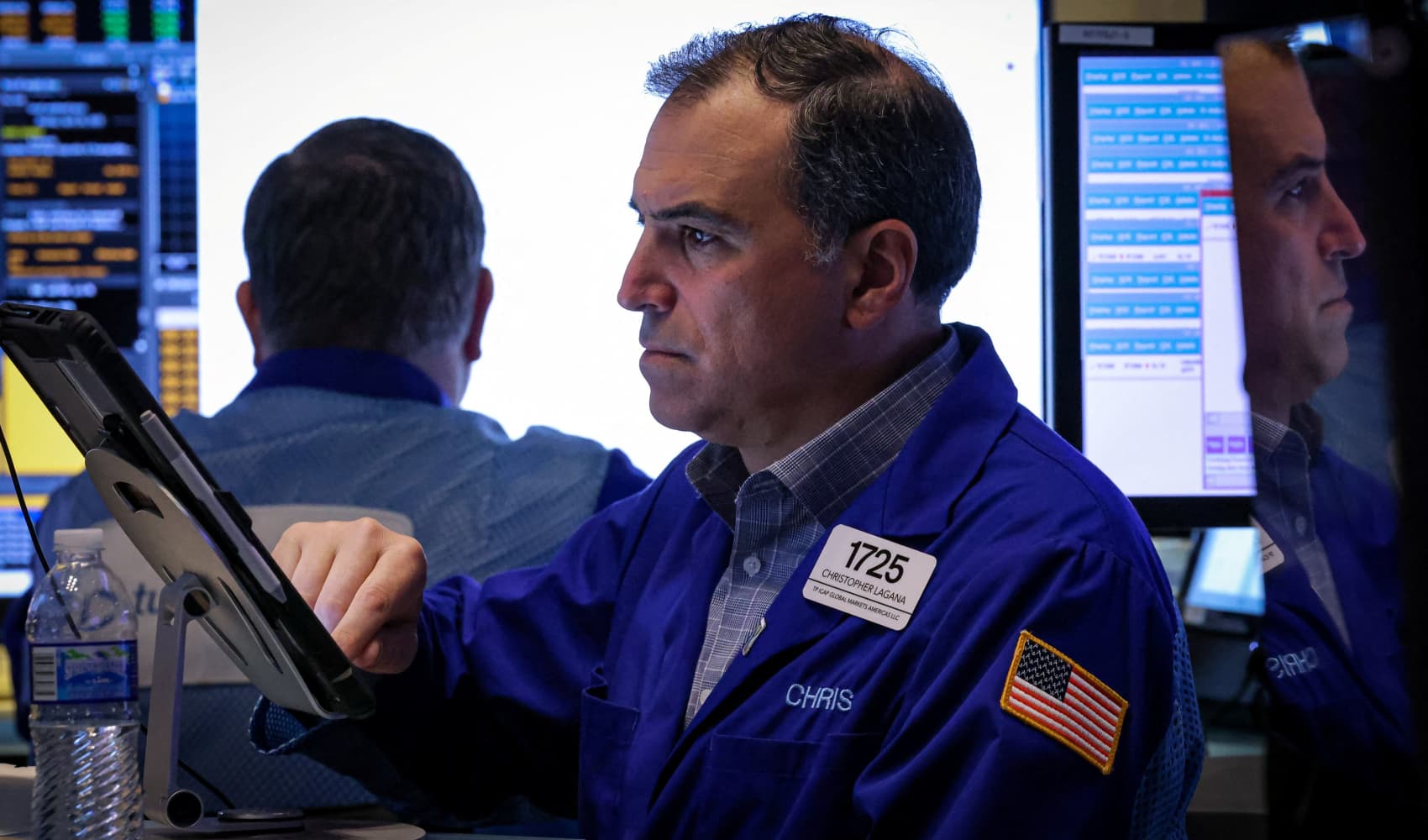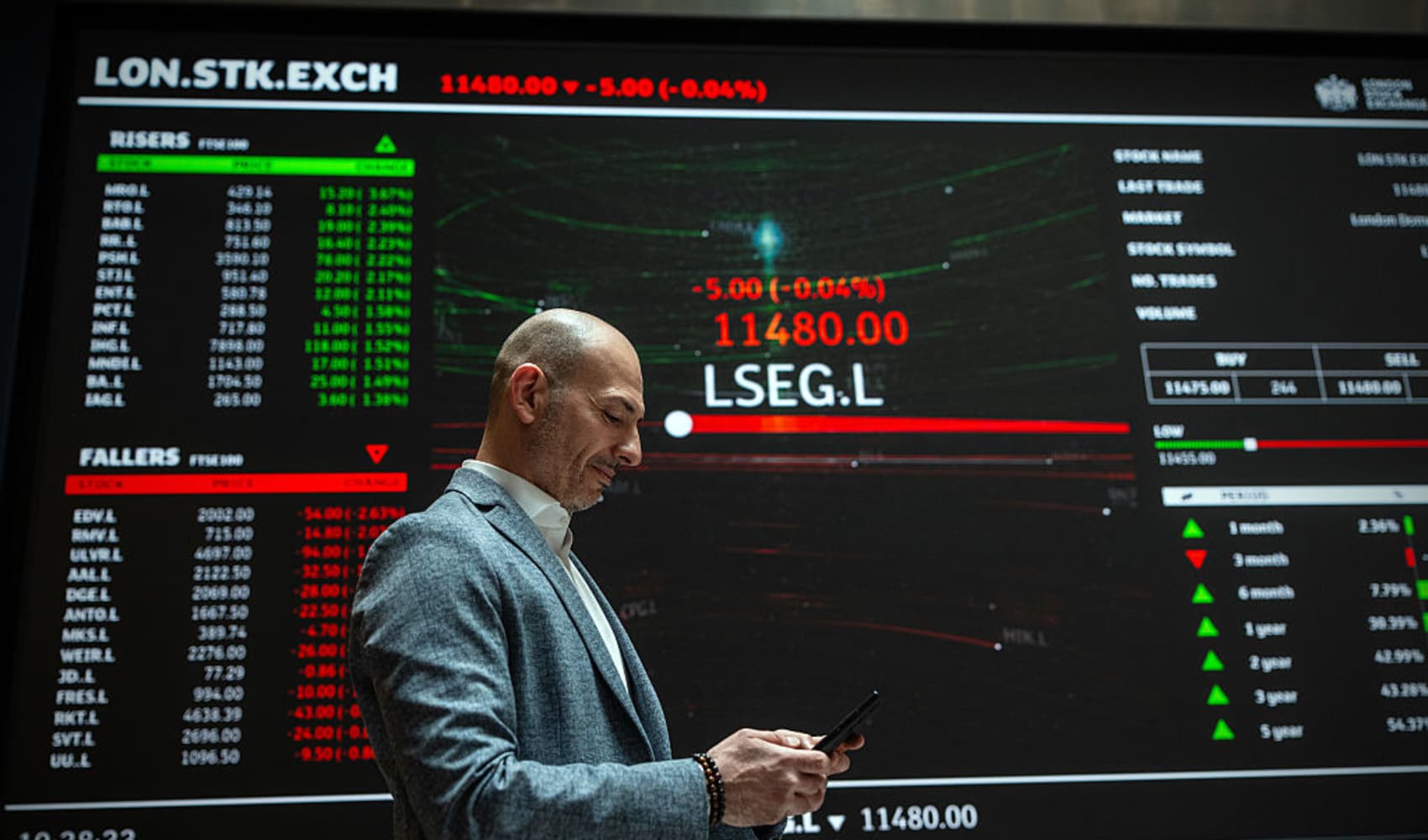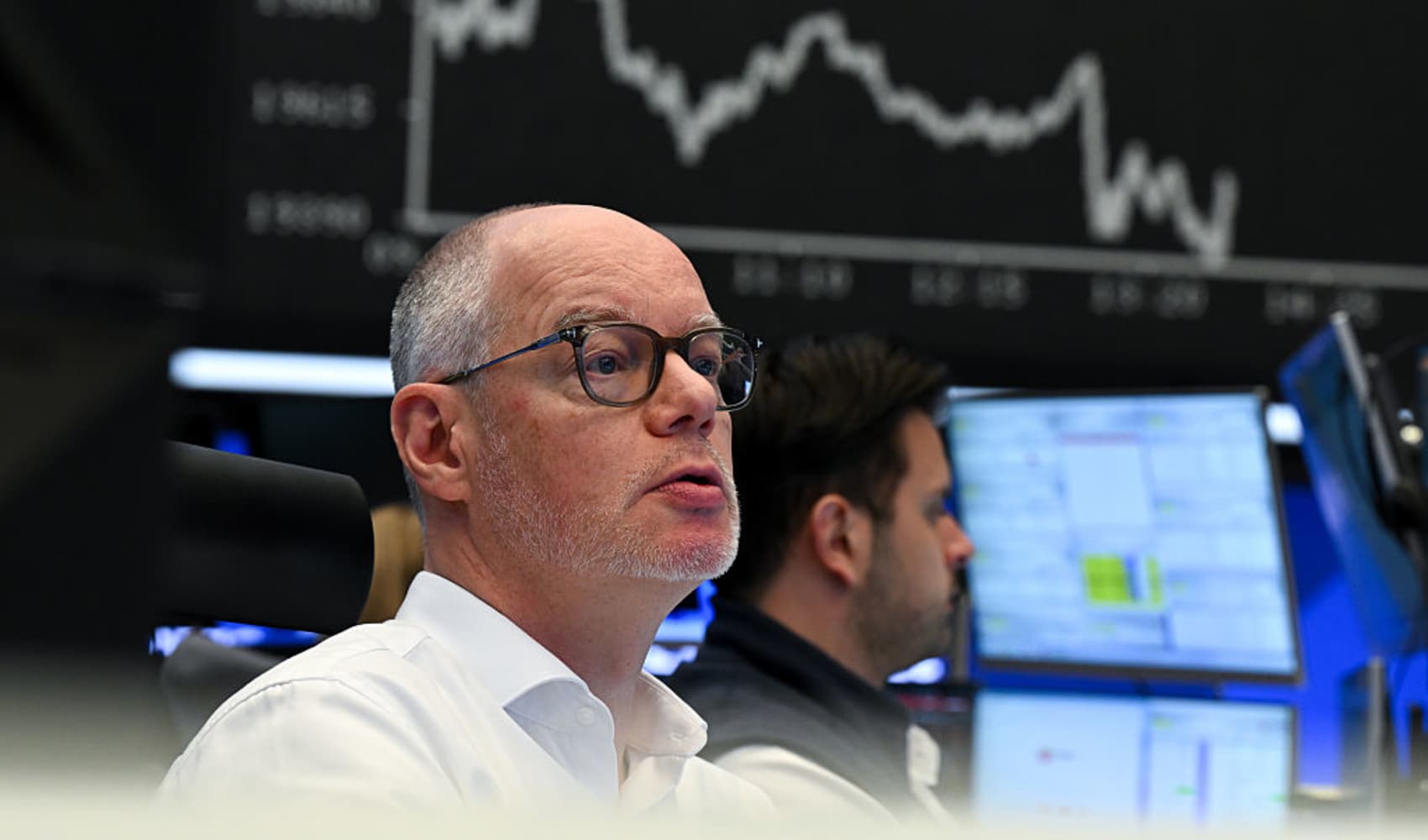Jim Cramer: How Earnings & Silence Powered This Week's Rally
Jim Cramer's Rally Revelation: Earnings and White House Quiet Power Stocks
Decoding This Week's Market Surge: A Cramer Deep Dive
What propelled the market to soar this week after a period of unsettling losses? According to CNBC's own Jim Cramer, the answer lies in two key factors: unexpectedly strong corporate earnings and a period of relative silence from the White House, particularly concerning the Federal Reserve and its Chair, Jerome Powell. Let's unpack Cramer's analysis and understand why these elements acted as rocket fuel for the markets.
Earnings Bonanza: A Bowling Analogy
Cramer vividly described the earnings season as a bowling alley experience. "We had some of the best pin action off earnings that I've seen in ages," he exclaimed. "It was pure joy as we watched one lead pin after another slash and slam the sticks behind it… strike after strike after strike." But what does that really mean for us?
Understanding "Pin Action"
Imagine a single strong earnings report as the lead pin. When that pin falls convincingly, it triggers a cascade effect, influencing investor sentiment and driving up related stocks. Think of it like dominoes. This "pin action" signifies a broader trend of positive performance across various sectors, bolstering overall market confidence.
Specific Examples of Earnings Strikes
While Cramer didn't specifically name companies in this extract, we can infer that he's referring to companies that exceeded earnings expectations, providing positive guidance for the future, and demonstrating resilience in a challenging economic environment. These are the "strikes" that send ripples of optimism through the market.
The Power of Presidential Silence: A Double-Edged Sword
The second crucial element, according to Cramer, was the White House's "total radio silence on anything business-related." While government intervention can sometimes be beneficial, consistent criticism of the Federal Reserve can sow uncertainty and anxiety among investors. Sometimes, the best thing a government can do is simply stay out of the way.
The Fed and Independence: A Delicate Balance
The Federal Reserve is designed to operate independently of political pressures. This independence is crucial for maintaining credibility and ensuring that monetary policy decisions are based on economic data, not political whims. When the White House publicly criticizes the Fed, it undermines this independence and creates volatility.
How Silence Restores Confidence
When the White House refrains from commenting on monetary policy, it signals a return to the norm, reassuring investors that the Fed is free to make decisions based on economic needs. This restored confidence can lead to increased investment and a more stable market.
Decoding the Rally's Strength
So, how did these two factors converge to create such a "nice, powerful rally"? Let's break down the mechanics:
Earnings as a Foundation
Strong earnings reports provide a solid foundation for market growth. They demonstrate that companies are performing well, even amidst economic headwinds. This, in turn, attracts investors and drives up stock prices.
Silence as an Accelerator
The White House's relative silence acted as an accelerator, removing a significant source of uncertainty. With the Fed perceived as being free to operate independently, investors felt more comfortable taking risks and investing in the market.
Beyond the Headlines: Context and Nuance
While Cramer's analysis is insightful, it's important to remember that market movements are complex and influenced by numerous factors. Let's consider some additional elements:
Global Economic Conditions
Global economic trends, such as inflation rates, interest rates, and geopolitical events, also play a significant role in market performance. It's crucial to consider the broader economic landscape when interpreting market rallies.
Investor Sentiment and Psychology
Market sentiment is a powerful force. Fear and greed can drive prices up or down, often regardless of underlying economic fundamentals. Understanding investor psychology is crucial for navigating market volatility.
Long-Term vs. Short-Term Trends
It's essential to distinguish between short-term rallies and long-term trends. A single week of positive performance doesn't necessarily indicate a sustained upward trajectory. Investors should always focus on long-term investment strategies.
Navigating the Market: Lessons from Cramer
What can we learn from Cramer's analysis and apply to our own investment decisions?
Pay Attention to Earnings
Earnings reports provide valuable insights into the financial health of companies. Pay close attention to earnings announcements and analyst commentary to make informed investment decisions. Don't just focus on the numbers; understand the underlying drivers of performance.
Monitor Government Policy
Government policies can have a significant impact on the market. Stay informed about legislative and regulatory developments that could affect your investments. However, avoid making knee-jerk reactions to political headlines. Think critically and consider the long-term implications.
Diversify Your Portfolio
Diversification is key to managing risk. Don't put all your eggs in one basket. Spread your investments across different asset classes, sectors, and geographies to mitigate potential losses.
Looking Ahead: Can the Rally Continue?
Will the rally continue? That's the million-dollar question, isn't it? While it's impossible to predict the future with certainty, we can assess the likelihood based on current conditions. If earnings continue to be strong and the White House maintains its relatively hands-off approach, the rally could potentially sustain itself. However, any significant shifts in these factors could lead to a reversal.
The Importance of Due Diligence
No matter what the market is doing, remember to do your own research and consult with a financial advisor before making any investment decisions. Don't rely solely on the opinions of others, even those of well-known experts like Jim Cramer. Ultimately, the responsibility for your financial well-being rests with you.
Staying Informed and Adaptable
The market is constantly evolving. Staying informed about economic trends, company performance, and government policies is crucial for successful investing. Be prepared to adapt your investment strategy as conditions change and never stop learning.
Conclusion: Earnings, Restraint, and Market Optimism
In conclusion, Jim Cramer attributes this week's market rally to a powerful combination of strong corporate earnings and a period of relative restraint from the White House, particularly concerning the Federal Reserve. While this analysis provides valuable insights, it's essential to remember that market movements are complex and influenced by numerous factors. By staying informed, diversifying your portfolio, and conducting thorough due diligence, you can navigate the market with greater confidence.
Frequently Asked Questions
Here are some frequently asked questions about market rallies and their causes:
- What exactly is a market rally? A market rally is a period of sustained increases in the prices of stocks, bonds, or other assets. It typically follows a period of decline or stagnation.
- How long does a market rally typically last? There's no set duration for a market rally. It can last for days, weeks, months, or even years, depending on the underlying factors driving the increase.
- What are some other factors that can contribute to a market rally? Besides strong earnings and government restraint, other factors include positive economic data, increased investor confidence, technological advancements, and geopolitical stability.
- Is it always a good idea to invest during a market rally? Not necessarily. While rallies can offer opportunities for profit, they can also be followed by corrections or downturns. It's important to assess your risk tolerance and investment goals before investing.
- Where can I find reliable information about market trends and economic news? Reputable sources include financial news outlets like CNBC, Bloomberg, and the Wall Street Journal, as well as government agencies like the Bureau of Economic Analysis and the Federal Reserve.









